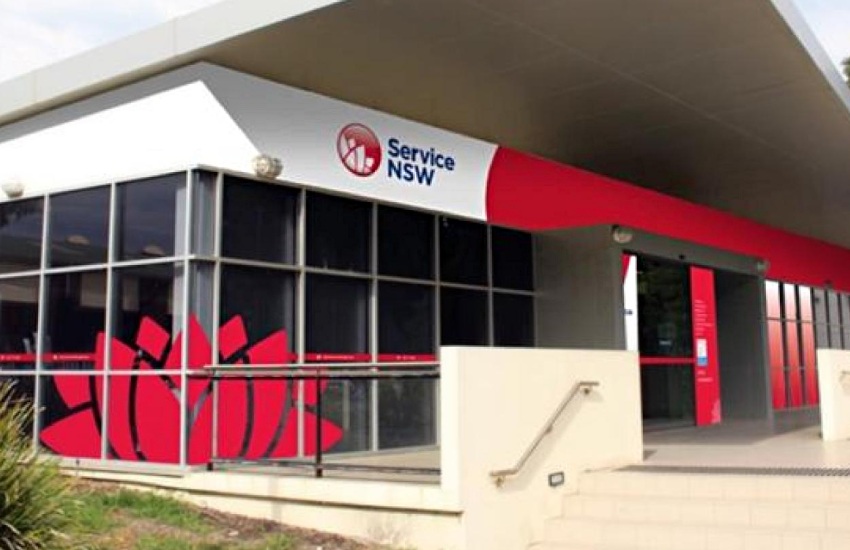Service NSW releases guidance on commercial rent relief
BusinessService NSW has released new guidelines on its commercial rent relief measures for commercial landlords and related SMSFs impacted by the current COVID-19 pandemic.

The Commercial Landlord Hardship Fund provides grants of up to $3,000 per month per retail or commercial lease to eligible small landlords who may experience hardship as a result of reducing rent for their tenant(s) under the Retail and Other Commercial Leases (COVID-19) Regulation 2021 (the regulation).
The NSW government introduced the Hardship Fund to provide support to smaller landlords whose main source of income is impacted by providing rent relief to retail or commercial tenants and those tenants have been financially impacted by the 2021 COVID-19 lockdown.
The fund will provide grants of up to $3,000 per month per tenancy to small commercial or retail landowners, who will suffer hardship if they waive some or all of the rent of a tenant who is financially impacted by COVID-19 in 2021 and have not claimed any land tax relief for rent reductions provided between 1 July 2021 and 31 December 2021.
The regulation provides a moratorium on lockouts and other prescribed actions for the non-payment of rent, outgoings or the non-compliance of business operating hours specified in the lease for businesses that have experienced a reduction in turnover due to COVID-19, and a freeze on rent increases during the moratorium (commencing 13 July 2021).
It also provides government-supported mediation to help tenants and landlords renegotiate lease agreements (including rent relief) through waivers and deferrals.
“Landlords of impacted tenants must renegotiate rent with eligible tenants in good faith having regard to the leasing principles in the Code of Conduct,” Service NSW said.
“Under the leasing principles, landlords must reduce rent in proportion to the tenant’s decline in turnover. This means if a tenant has experienced a 40 per cent decline in turnover due to COVID-19, then the landlord must provide a 40 per cent reduction in rent.”
As a default position, at least 50 per cent of any rent reduction must be in the form of a rent waiver with the remainder a rent deferral, according to Service NSW. Any deferred rent must be paid back over the balance of the lease term or for a period of no less than 24 months, whichever is greater.”
“A deferral or delayed rent payment is not rent relief for the purposes of this grant. A rent waiver or non-payment of rent from 13 July 2021 must be agreed,” Service NSW explained.
“Total taxable landholdings used to assess eligibility for this grant will be those of the landlord, or the trust in which a property is held. It will also include property held in Self-Managed Superannuation Funds.”
The Commercial Landlord Hardship Fund will open for applications in October 2021 and will conclude when determined and notified by the government.




